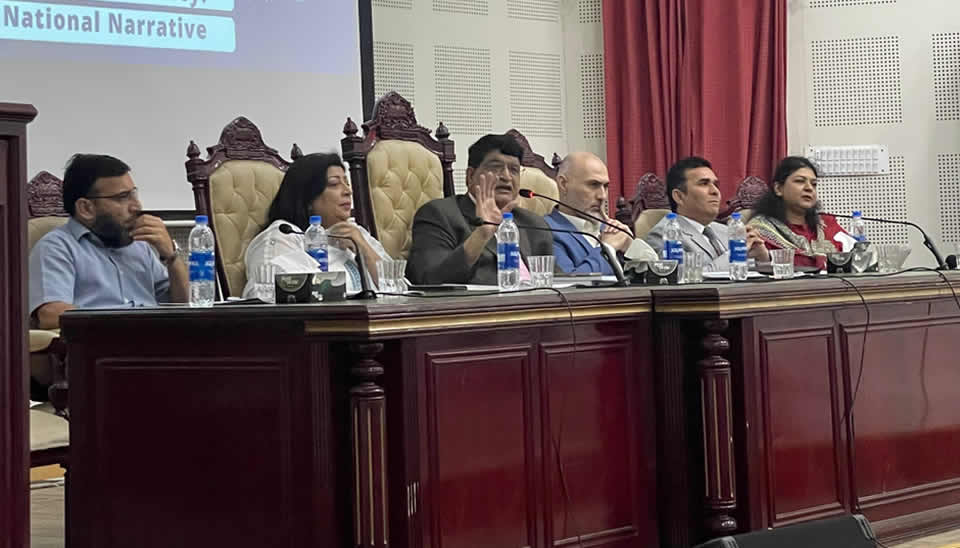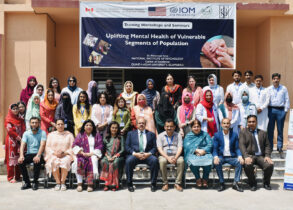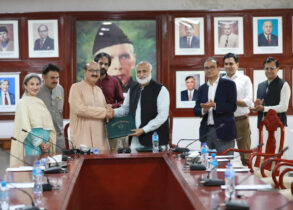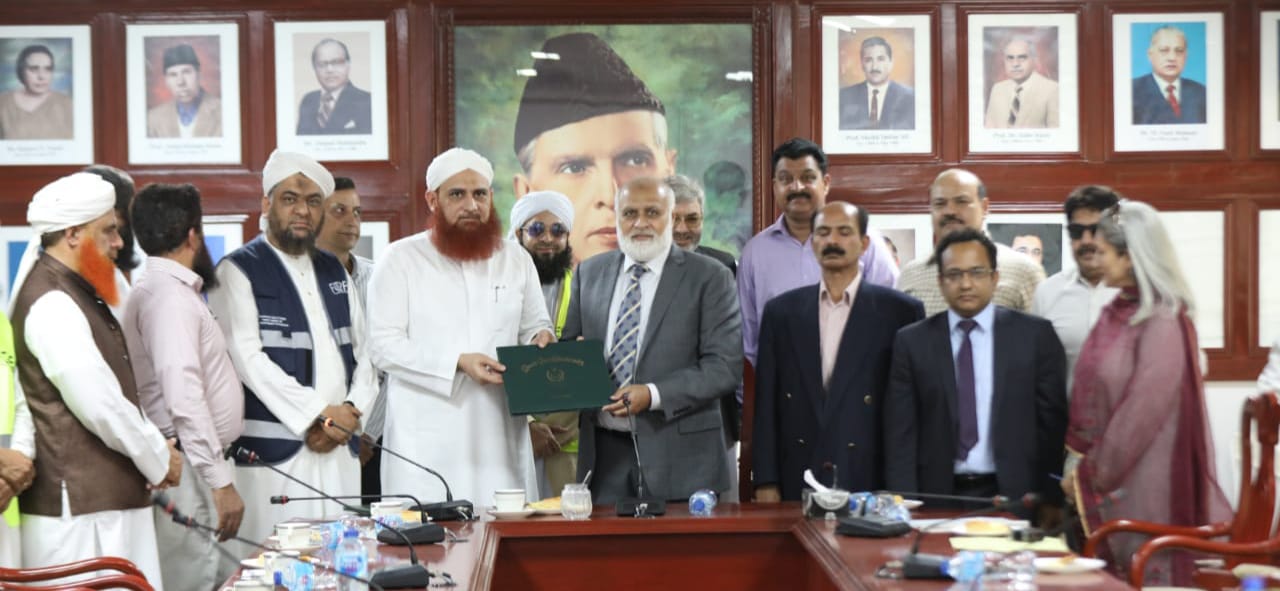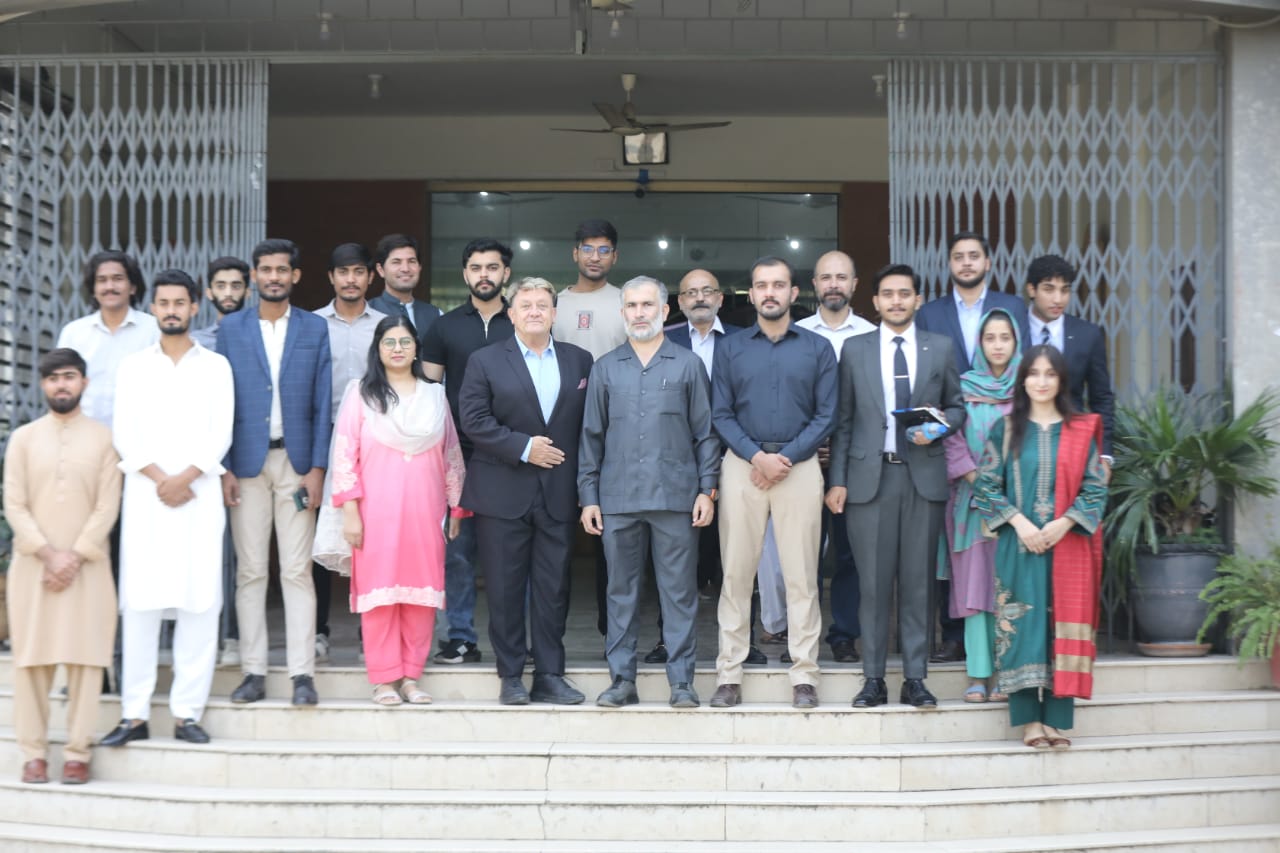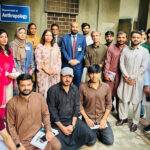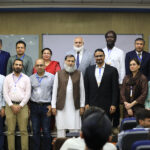Preventing Radicalization: Critical Thinking and Media Literacy on National Level
A panel discussion was organised under the banner of Umeed e Sehar (life is precious) and Paigham e Pakistan. The panel discussion was held on 27th May 2024. The panellists included: Dr. Zia Ur Rehman, Professor Dr. Muhammad Zia-ul-Haq, Director General of the Islamic Research Institute and Professor of Shariah & Islamic Law at International Islamic University, Islamabad, Pakistan; Mr. Haris Qayoom, Chief Executive Office, Hashoo Foundation; Professor Dr. Rubina Hanif, Director National Institute of Psychology, Quaid-I-Azam University, Islamabad; Professor Dr. Muhammad Rizwan, Chairperson, Department of Psychology, University of Haripur, and Dr. Imran Bukhari, Assistant Professor, National Institute of Psychology, QAU,
The panel also highlighted that radicalization in Pakistan is a significant and complex issue influenced by a variety of factors, including historical, political, social, and economic conditions. Understanding these factors is crucial for developing effective strategies to counteract radicalization and promote peace and stability in the region. Pakistan’s geopolitical situation plays a significant role in the radicalization landscape.
The panel talked about the fact that the main problem occurs when the national narrative is overwritten by local and specific ideologies that are radical to the state. Our youth, with considering the source and purpose of the counter narrative starts internalising a negative world view. It causes them to become isolated, marginalised, and easy targets. The panel also highlighted high levels of poverty and unemployment, particularly among the youth, create a fertile ground for radicalization. Extremist groups often exploit economic grievances to recruit members. Also, lack of access to quality education and healthcare exacerbates social inequalities and fuels discontent.
The panel laid emphasis on reducing the ‘poverty of knowledge and training’ which is prevalent in our families and educational institutions. We need to inculcate critical thinking in our students and children from a young age. By teaching individuals to analyse and question information critically we can help in reducing susceptibility to extremist propaganda, it is essential that we filter the information that is being flooded through social media. Concurrently, we also need to start disseminating the national narratives at all levels of the community. Efforts are need to enhance skills to recognize and evaluate the credibility of information sources and identify misinformation and extremist narratives.
Community Engagement can be achieved through strengthening community bonds and fostering environments where individuals feel valued and supported, reducing the appeal of extremist groups. Promoting understanding and tolerance among different religious and cultural groups to prevent divisions that extremists exploit. We need to intervene very early before signs of radicalization and individuals at risk, such as sudden changes in behavior, withdrawal from community, or adopting extremist rhetoric take deep root.
The panel reiterated that we need to develop a national and local strategies that address all aspects of radicalization, from prevention to intervention and rehabilitation. Radicalization in Pakistan is a multifaceted issue requiring a comprehensive approach that addresses its root causes. This includes political reforms, economic development, educational improvements, and effective law enforcement. International cooperation and regional stability are also vital for addressing the broader geopolitical factors that contribute to radicalization. Through sustained and coordinated efforts, Pakistan can work towards reducing the threat of radicalization and promoting a more peaceful and inclusive society.
Preventing radicalization requires a holistic approach that addresses the root causes, educates, and empowers individuals, engages communities, and provides support and intervention where needed. By fostering environments of inclusion, understanding, and resilience, societies can mitigate the risk of individuals being drawn into extremist ideologies and actions.
 Circulars / Notifications
Circulars / Notifications

